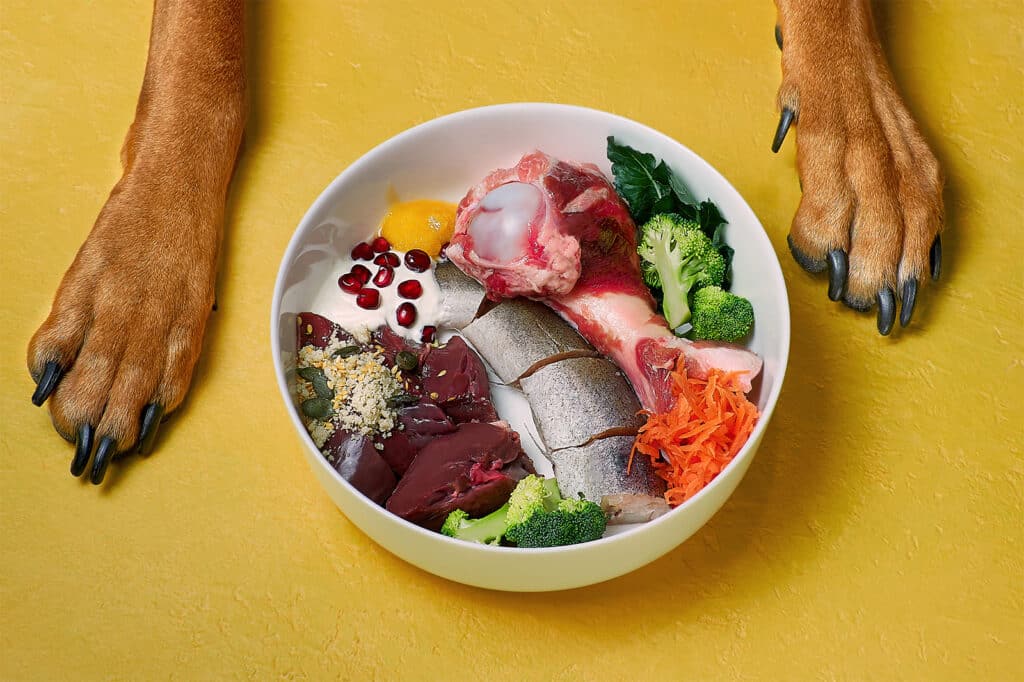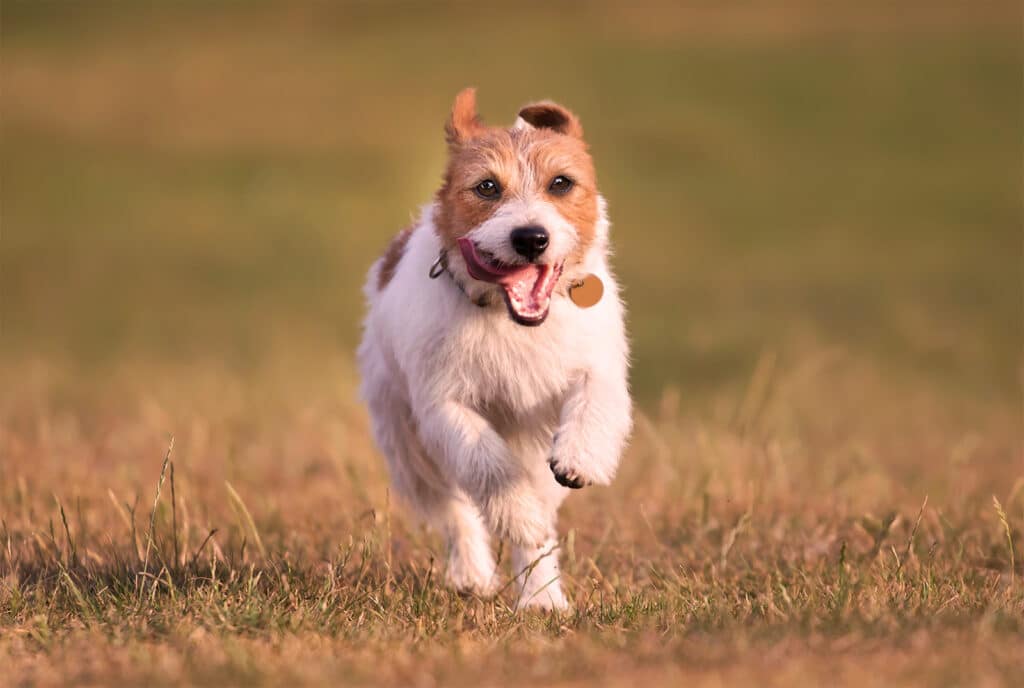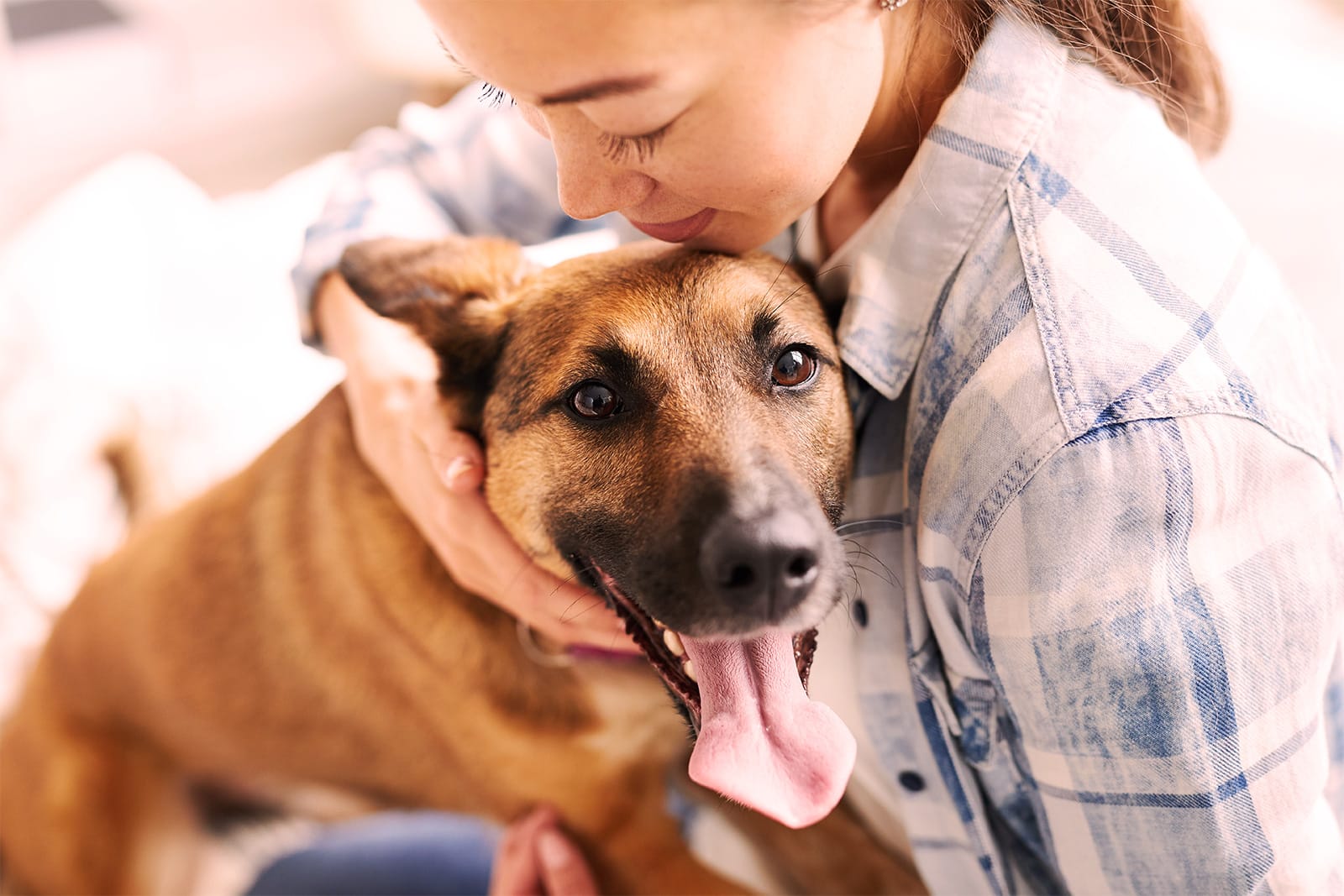When you start looking after a dog, knowing how to take care of your new pet can be a little overwhelming. From suitable food for dogs to recommended exercise each day, we cover everything you need to know about caring for your precious pooch.
So, if you’re wondering ‘what food can my dog eat?’ or ‘how much exercise does my dog need?’, then read on!
Quick links
How Much Exercise Does My Dog Need?
Foods Dogs Shouldn't Eat
It’s important to bear in mind that dogs have a different digestive system to ours. So, just because a particular food is considered good for us or we think it tastes nice, doesn’t mean it will be good for dogs. Here are some examples of foods dogs shouldn’t eat:
• Avocado – avocados contain something called persin, which is dangerous for dogs to consume and can cause unpleasant side effects.
• Cherries – the pits in cherries contain cyanide, which is not only poisonous but can also be a choking hazard.
• Raisins and Grapes – raisins, grapes and related foods such as currants are highly toxic for canines. Even the smallest amount can be very dangerous and lead to kidney failure. This is why it’s also important to avoid feeding dogs anything with dried fruit in, such as fruit loaf.
• Chocolate – dogs shouldn’t eat anything that contains caffeine, so things like chocolate and coffee should never be given to dogs. If you’d like to give your dog a treat, make sure you get chocolate treats that are designed specifically for dogs – these contain a substitute that’s safe for them to consume.
• Nuts – nuts can be poisonous to canines, and can lead to vomiting, hyperthermia, and the weakening of muscles. So, they’re definitely on the list of foods dogs shouldn’t eat.
Foods Dogs Can Eat
That’s not to say that everything we eat is bad for dogs. The following foods can be very nutritious for your pet dog.
• Cooked Fish – salmon and tuna are both okay for dogs to eat and provide a good portion of protein. Be sure to cook fish first, as uncooked fish may include parasites.
• Carrots – as well as removing plaque from their teeth, carrots can help contribute to a healthy immune system in dogs by providing vitamin A. However, too much vitamin A can be toxic, so carrots should only be consumed by canines in small amounts.
• Blueberries – rich in axtioxidants and fibre, blueberries are very healthy for dogs to consume.
• Cucumbers – cucumber is a great source of minerals and vitamins, and they can be a good snack for dogs who need to lose a view pounds too.
One thing to bear in mind when feeding your dog is portion control, as this will help ensure your pet maintains a healthy weight. If you’re unsure of the best dog food option, it’s best to speak to a vet, as they will be able to advise on this based on your dog’s size, breed and activity levels.
It’s also really important to make sure that a supply of fresh water is available, as this will help contribute to keeping your dog healthy regardless of their breed.

How Much Exercise Does My Dog Need?
One of the many benefits of having a dog is that you’re likely to get more exercise yourself, which will help both you and your dog stay in shape. Regular exercise is important for muscle development and will also encourage your canine to explore their environment. That's why you should walk dogs every day.
Dogs that get regular exercise are also less likely to destroy your sofa or bark excessively at your neighbour! This is because exercise contributes to a reduction in anxiety and other behavioural problems.
If your dog can’t go for long walks or has any health problems that may affect traditional exercise, speak to your vet to find the best alternative for your pet, to ensure they stay in shape.

Obedience Training
Another effective way to minimise the chances of dogs misbehaving is to ensure that they’re properly trained. Puppy training classes are a great way to make sure your dog can follow basic commands. Not only does this help you by ensuring they will be obedient, but it also helps keep them safe in their new surroundings.
If you adopt an older dog, it’s still advisable to take them to training classes. Most of the time, there are training classes available for all ages, and you may notice an improvement in your dog’s behaviour.
Communicate with Your Canine
Dogs are sociable creatures by nature, so they like to have plenty of interaction. Effective communication will also help you to become more attune to their needs, as you both get to know each other better.
Quality time is something all dogs require, as they themselves are quite affectionate. In fact, this is another tip on our list that should help to avoid behavioural problems.
Going to the Dog Groomers
While people may think some pooches are too pampered, grooming is still very important. For example, if dog’s nails become too long they often break, which can hurt them. It makes it harder for them to complete their walks too. Overall grooming is also helpful in keeping their fur at a good length, to avoid matting and other issues.

Dental Plans for Dogs
From early on, it’s important that you decide on a dental plan for your dog. Lots of breeds have frequent gum problems, so taking your canine for regular dental visits can help prevent gum disease from developing. If it does develop, it can affect organs and cause premature tooth loss. So, the best thing to do is to speak to someone early on, to ensure your pet receives the right dental care from the very beginning.
Are you interested in learning more about dog welfare? Why not take a look at our range of animal care courses, including our Level 2 Dog Health and Behaviour course, or our Veterinary Assistant course? Or, if you’re not sure which of our courses would best suit you, speak to a learning adviser on 0121 630 3000.
